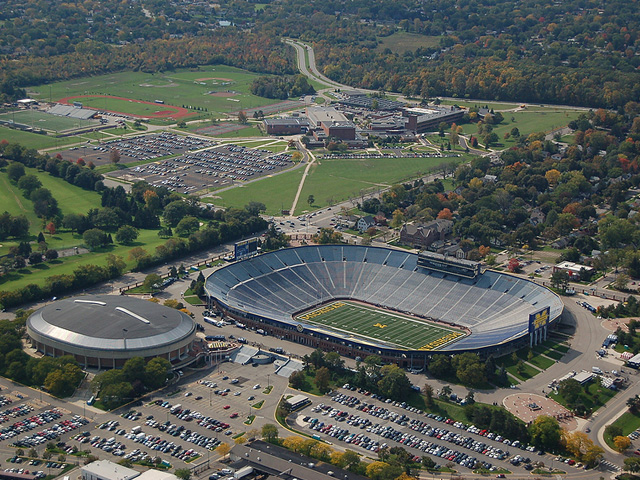Astronomy is one of the oldest sciences. Astronomers of early civilizations performed methodical observations of the night sky, and astronomical artifacts have been found from much earlier periods. However, the invention of the telescope was required before astronomy was able to develop into a modern science. Historically, astronomy has included disciplines as diverse as astrometry, celestial navigation, observational astronomy, the making of calendars, and even astrology, but professional astronomy is nowadays often considered to be synonymous with astrophysics. Since the 20th century, the field of professional astronomy split into observational and theoretical branches.
Observational astronomy is focused on acquiring and analyzing data, mainly using basic principles of physics.
Theoretical astronomy is oriented towards the development of computer or analytical models to describe astronomical objects and phenomena.
The two fields complement each other, with theoretical astronomy seeking to explain the observational results, and observations being used to confirm theoretical results.















